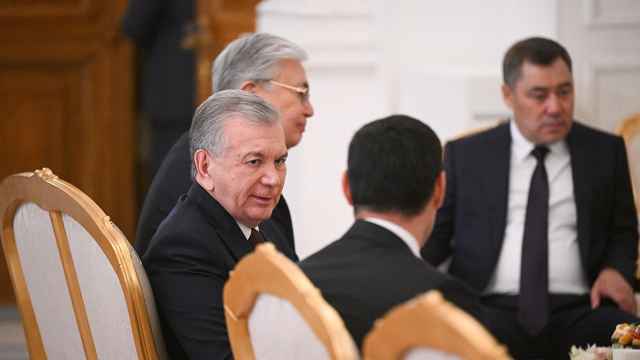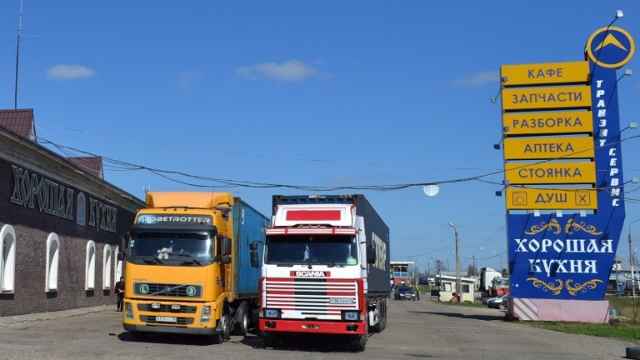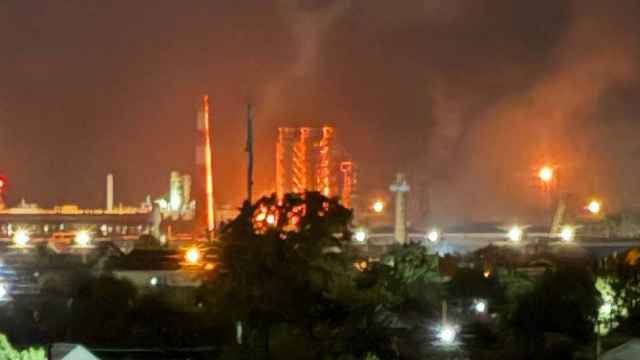In response to “The Unknown War,” a comment by Natalia Bubnova on June 22.
Editor,
Bubnova’s essay is naive in expecting more Western recognition about the Soviet Union’s decisive role in defeating Nazism when schoolchildren in Britain and the United States regularly commit howlers on their own history during tests of basic historical knowledge.
Many Western books and documentaries, such as “The World at War” and “Russia’s War — Blood Upon the Snow,” agree that the Eastern Front was the most barbarous conflict in human history and fully acknowledge the Soviet Union’s decisive role in defeating fascism and the bravery of its people and soldiers.
But in contrast to Bubnova, they also point to the secret military cooperation between the Soviet Union and Germany that began in the 1920s, Stalin’s purge of 90 percent of the Red Army’s high command in the late 1930s, his failure to heed the countless warnings of an impending German attack, the use of terror to prevent soldiers retreating and the behavior of Soviet troops in Eastern Europe as the front moved west.
Moreover, they rightly put the war in the wider context of Communist rule and methods, such as deliberate famines, purges and the gulag. In his 2006 book and documentary, “The War of the World,” British historian Niall Ferguson says the number of Stalin’s victims up to 1939 equaled those of Hitler’s thereafter and that German concentration camps merely came under new management after 1945.
These issues are well documented, not least in Soviet archives, but they remain highly unpalatable to many Russians. Western experts have long argued that in contrast to Germany, Russia still refuses fully to come to terms with its past. It can move on and become a healthy country, but only if it wants to.
Ian Pryde
Chairman of Eurasia Strategy & Communications
Moscow
Editor,
On the 70th anniversary of the Nazi invasion of the Soviet Union, Bubnova claims it’s an “unknown war” in the West. Not so in Britain.
Here, we are very appreciative of the huge sacrifices of our Soviet brothers and sisters.
In addition, we are deeply resentful of our own prime minister, Neville Chamberlain, and his failures to join forces with Moscow before the Ribbentrop-Molotov Pact to stop Hitler’s invasion of Poland.
Andrew M. Rosemarine
Salford, England
A Message from The Moscow Times:
Dear readers,
We are facing unprecedented challenges. Russia's Prosecutor General's Office has designated The Moscow Times as an "undesirable" organization, criminalizing our work and putting our staff at risk of prosecution. This follows our earlier unjust labeling as a "foreign agent."
These actions are direct attempts to silence independent journalism in Russia. The authorities claim our work "discredits the decisions of the Russian leadership." We see things differently: we strive to provide accurate, unbiased reporting on Russia.
We, the journalists of The Moscow Times, refuse to be silenced. But to continue our work, we need your help.
Your support, no matter how small, makes a world of difference. If you can, please support us monthly starting from just $2. It's quick to set up, and every contribution makes a significant impact.
By supporting The Moscow Times, you're defending open, independent journalism in the face of repression. Thank you for standing with us.
Remind me later.





